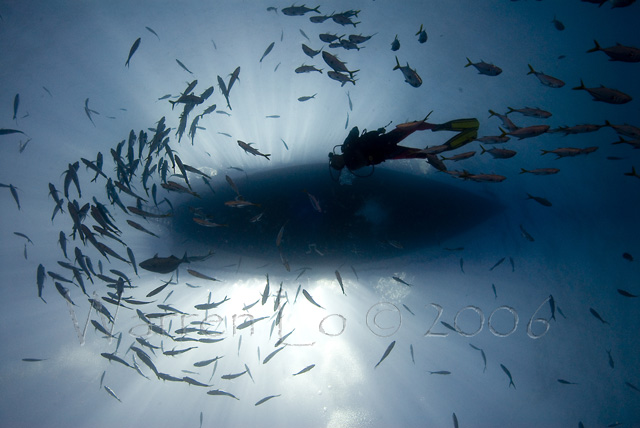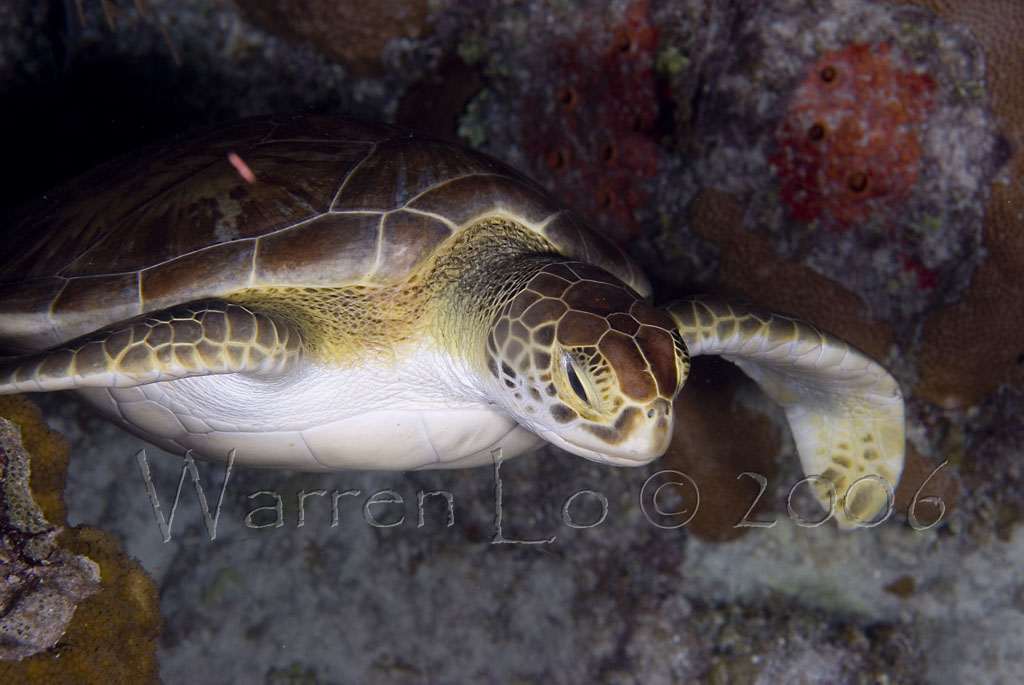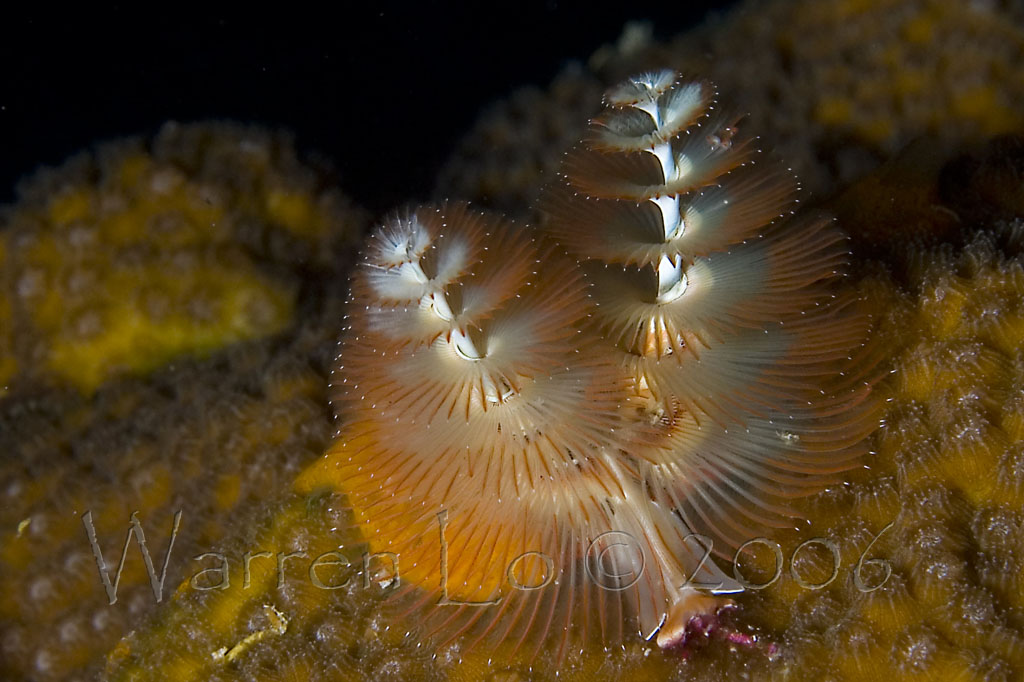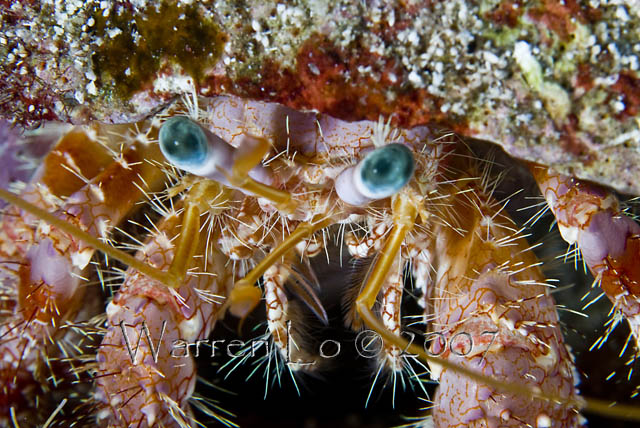fda483
Contributor
I love night dives but up to now have not taken my D100 along after the sun goes down. Heading down to Belize for a week on the Nekton and want to try some photography on the night dives. Just added a Nocturnal Lights SLX Auto Focus Light to my equipment. My questions are:
1) Do you typically use the light on the housing (like the SLX) as the primary light for a night dive?
2) Do you usually just shoot macro (105mm) on a night dive, or can you also pull off close up wide angle shots.
Any tips would be appreciated!!
Joe
1) Do you typically use the light on the housing (like the SLX) as the primary light for a night dive?
2) Do you usually just shoot macro (105mm) on a night dive, or can you also pull off close up wide angle shots.
Any tips would be appreciated!!
Joe







